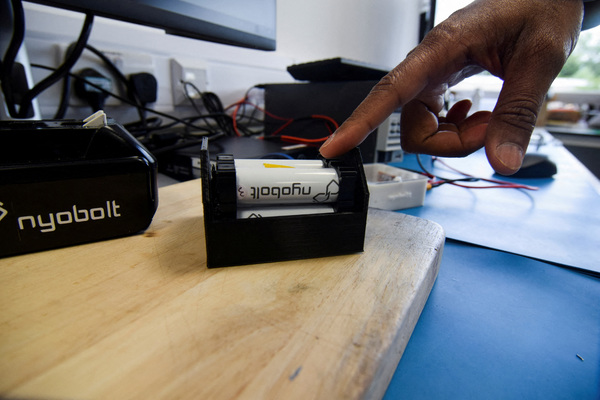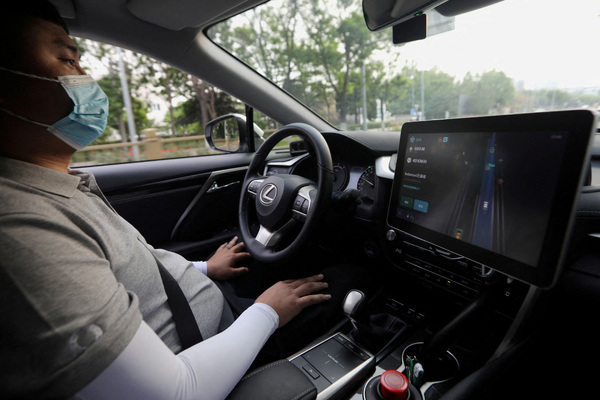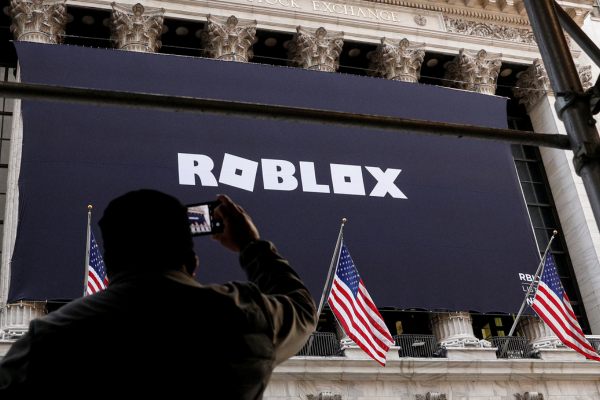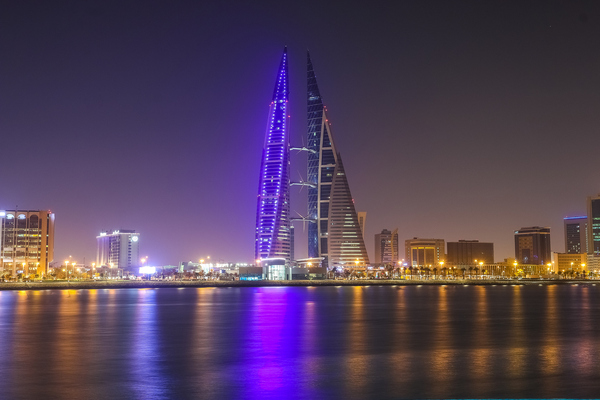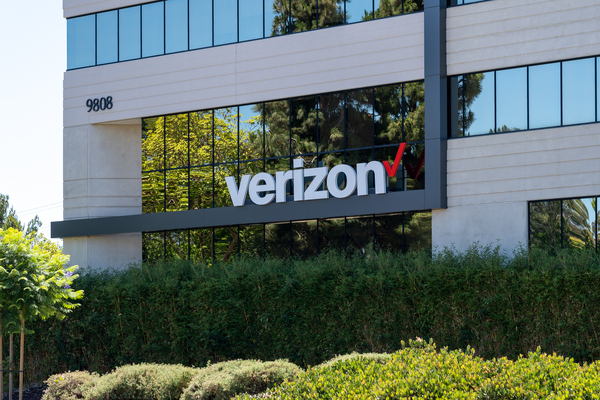The vital role of marketing in smart cities
Sponsored by CIM
Jim Ker, vice chair of communications from the Chartered Institute of Marketing’s Yorkshire board and John Paul Simpson, chair of the Chartered Institute of Marketing’s North West board, look at the crucial role marketers will play in this brave new world
As smart cities become a reality, lightspeed connectivity and the huge amounts of data they provide are providing marketers with numerous opportunities as well as a new set of challenges.
For many, the very idea of “smart technology” still invokes mild feelings of suspicion. It means an invasion of privacy and targeted ads stalking every step of our online journey; a constant harvesting of our personal data for the financial gain of big business.
But as smart technology expands beyond the confines of our homes, where smart meters and smart thermostats are now commonplace, marketers are uniquely placed to communicate how smart cities can leverage technology to improve the quality of everyday services and our quality of life.
Smart city culture in the North of England
Contrary to what people may think, smart city culture is not restricted to the world’s metropolitan capitals.
Take Yorkshire as an example. Known for its beautiful countryside, the county has a growing population currently greater than that of Scotland, and supports a variety of sectors such as retail, hospitality and tourism.
Yorkshire also has a bustling digital entrepreneurial scene that is rapidly growing. Leeds in particular is an up-and-coming technology hub, which received a massive £108.8 million of tech investment in 2018 – a new northern record.
It is therefore in the interest of Yorkshire businesses to understand smart cities and the opportunities available to help reduce pollution, develop multi-modal mobility and improve resource management.
In the North West, Manchester has recently opened the UK’s first CYCLOPS (cycle optimised protected signals) junction. The unique design separates pedestrians and cyclists from traffic, reducing the possibility of collisions or conflict. Installed as part of the Manchester to Chorlton cycling and walking route, the first-of-its-kind-junction will act as a blueprint for future junctions as part of Greater Manchester’s Bee Network, an 1,800-mile joined-up walking and cycling network, connecting every community across the city-region.
Dr Dave Fell, managing director of Caburn Solutions, said: “Smart Cities and the internet of things (IoT) allow individuals and their personal or shared devices to interact dynamically with commercial and public infrastructure. For example, traffic control, public information systems, financial transactions, attended and unattended machines and integrated building monitoring systems.
“All these systems, however, need beneficial use cases to justify their investments.”
The role of marketing
Marketing contributes to this by developing, explaining, communicating and narrating the expected efficiencies or collective benefits and how these technologies can aid or fit into everyday life.
Marketers are uniquely placed to interpret the complex and often disruptive psychological, emotive, sociological and cultural exchanges that these technologies are likely to uncover.
Dr Fell adds: “It’s important to explain to the public how smart city systems will conserve important elements - be it routines, privacy, anonymity or helping expand their ability to explore new competencies, interactions, and relationships.”
The result of smart city living will be a huge accumulation of data on every resident, providing insight into their routines, preferences, shopping habits and general behaviour.
Assuming that devices cover an entire city, messages could be delivered to potential customers anywhere, at any time, via any medium that has a display.
It means marketers can use the IoT to directly target people with content tailored to anything from their mood or recent purchases to their travel route.
All this gives rise to a number of strategic and ethical questions. For example, who owns the data collected? Will private companies that install smart city devices recoup the expense by selling the data they collect?
What are the data implications?
There will also inevitably be consumer concerns around privacy. Marketers will have to decide where to draw the line when it comes to using data and targeted advertising.
The introduction of smart cities will make it feasible for the marketing community to create incredibly targeted campaigns that meet people’s needs perfectly. However, effort must be taken to ensure consumer privacy is not violated.
Trust is essential in a smart city environment. Brands will quickly alienate customers if residents of a smart city don’t feel their information is safe or they constantly receive unsolicited approaches. Marketers will need to think carefully about how they target customers and offer “opt-out” systems, or limit the number of messages each person receives.
Gavin Sherratt, managing director at Mashbo, points out: “The use of data and smart cities is an important pathway to future innovation and improved living and business. Trust is an important matter, but with a lot of smart city projects, this data would be anonymous and just based around your persona. And we have to remember this is data that most of us give away on a daily basis and has no end-benefit apart from adverts following us around on our digital footprint.
“But the benefits of a smart city far outweigh having adverts for trainers tracking our every move. It’s about making your commute quicker and our places of work and retail more environmentally friendly. It brings efficiency and the environment to the forefront of planning and innovation. We believe that better data will deliver better results and that data should be used to deliver intelligent marketing insights that lead to data driven marketing campaigns.”
In essence, smart city technology and the data collected from it must be used purposefully to make better decisions, and to this end marketers have a vital role to play.
Beckoning a smart future
As technology becomes an increasing part of our lives, the clamour to live in urban areas with clean air, tidy streets and safer roads all connected efficiently by digitally infrastructure will continue to grow. This month alone smart city operator Connexin announced that it had raised an initial commitment of up to £80 million to fund future smart projects. Where smart cities were considered a dream for many, today we are seeing them become reality.
Take Manchester’s Triangulum project, one of 14 European Smart Cities and Communities Lighthouse Projects (SCC1). Manchester City Council led a consortium of Siemens, the University of Manchester and Manchester Metropolitan University to deliver a project to transform the Oxford Road corridor to become one of the largest knowledge-driven, low-carbon districts in Europe. The project features a cloud-based energy management platform which functions as a virtual power plant, managing renewable systems and buildings around the city such as the Central Library and parts of the Manchester City Council and University of Manchester buildings.
This has reduced the area’s dependence on the grid saving Manchester approximately 57,000 tonnes of CO2 emissions per annum – the equivalent of 12,000 cars. If that’s not smart, we don’t know what is.

Business Reporter Team
Most Viewed
Winston House, 3rd Floor, Units 306-309, 2-4 Dollis Park, London, N3 1HF
23-29 Hendon Lane, London, N3 1RT
020 8349 4363
© 2025, Lyonsdown Limited. Business Reporter® is a registered trademark of Lyonsdown Ltd. VAT registration number: 830519543
